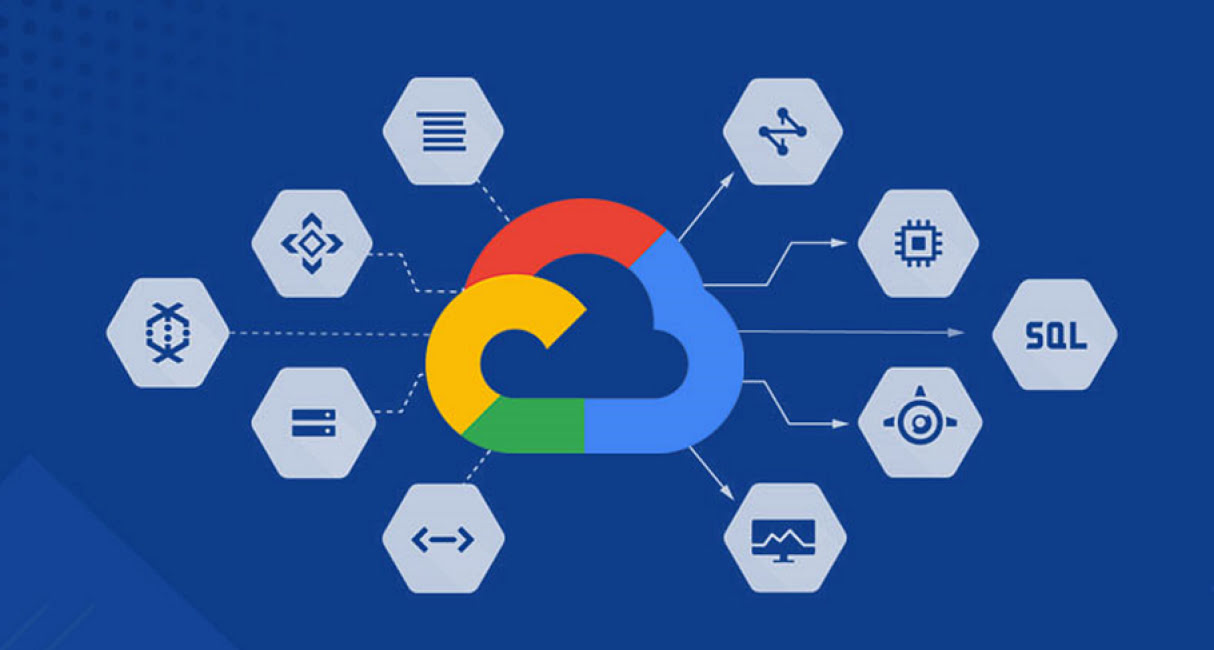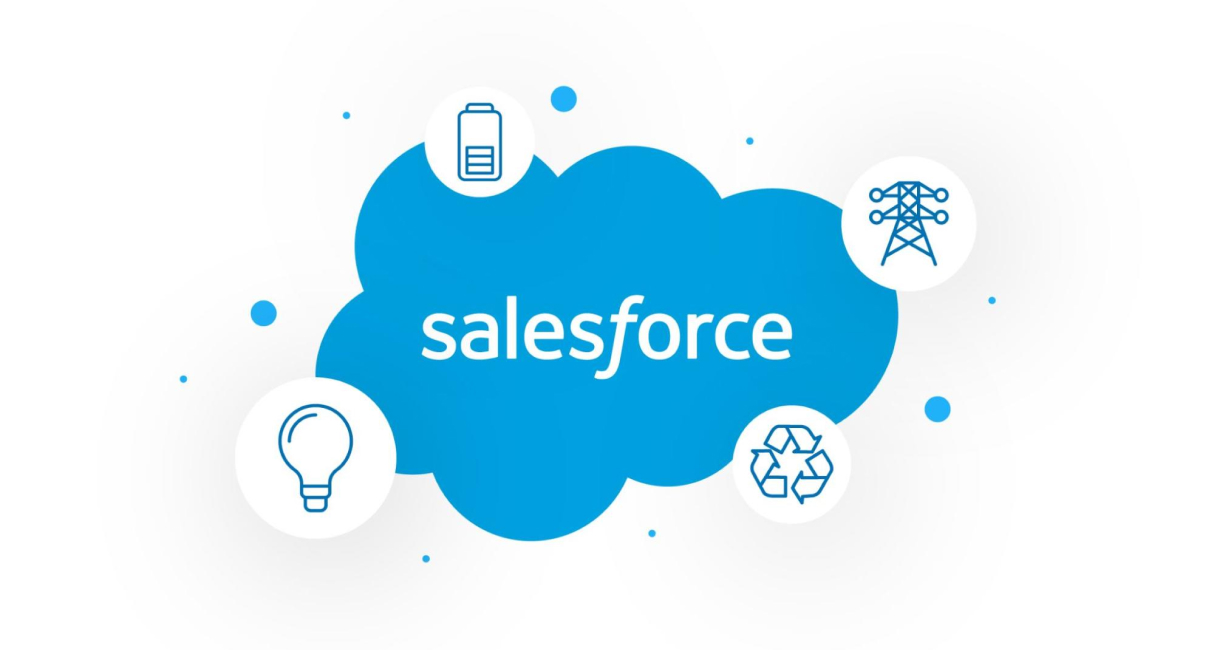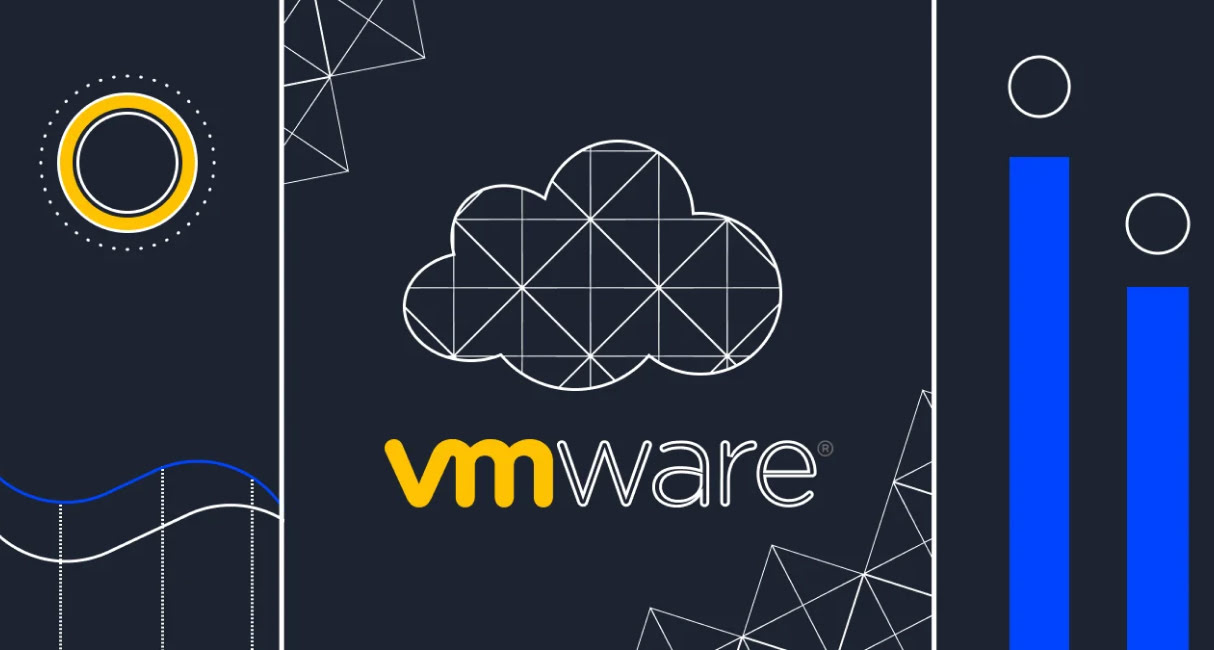Cloud computing has become the engine of modern business. It’s how companies store data, build apps, and scale globally without owning physical infrastructure. In 2025, the top ten cloud service providers drive most of that innovation. They help enterprises and startups cut costs, improve reliability, and accelerate product delivery.
These platforms influence nearly every business decision, shaping everything from financial strategy to everyday operations. Understanding their differences helps leaders pick solutions that support growth and reduce risk. The list of the best cloud service providers for business in 2025 includes companies with proven track records in security, uptime, and innovation. Let’s explore the top 10 providers and see what makes each one stand out.
No time to read the whole article? Here’s the presentation with all the important points from the article.
1. Amazon Web Services (AWS)
Amazon Web Services leads the market with unmatched scale and versatility. It offers over 200 services, from computing power and AI to analytics and IoT. AWS operates in 38 regions, ensuring fast performance worldwide. It remains the most comprehensive top cloud computing service provider for enterprises and startups alike.
Why it matters for business:
- Global infrastructure that supports rapid expansion and compliance in multiple markets.
- Pay-as-you-go model that aligns costs with real usage, avoiding heavy upfront investments.
- Broad integrations — from DevOps to machine learning, all within one ecosystem.

AWS is powerful but complex. Businesses often need strong internal management or partners to control costs. Still, for global scale and technical depth, AWS remains the platform others are measured against.
Expert Opinion «Most of the time, AWS isn’t just the first choice — it’s the foundation. Its scale, versatility, and reliability make it indispensable for large enterprises that need to innovate fast and operate globally.»Oleksandr Prokopiev CEO of Artjoker
2. Microsoft Azure
Microsoft Azure ranks just behind AWS among the biggest cloud service providers in the world. It combines cloud infrastructure with Microsoft’s familiar software ecosystem. Azure’s services cover virtual machines, AI, analytics, and hybrid solutions for companies that want both online and on-premise control.

Key business advantages:
- Seamless integration with Microsoft 365, Windows Server, and Dynamics for unified management.
- Hybrid capabilities like Azure Arc let enterprises keep sensitive data local while scaling.
- Enterprise-grade compliance and global data centers meeting strict industry regulations.
Azure is ideal for organizations already running Microsoft environments. It simplifies migration and security management while offering consistent tools across platforms. For companies focused on compliance, integration, and stability, Azure delivers enterprise reliability with modern flexibility.
3. Google Cloud Platform (GCP)
Google Cloud Platform is built for data-driven and AI-first organizations. Known for innovation, GCP combines cloud infrastructure with strong analytics, machine learning, and open-source tools. It’s one of the top public cloud service providers trusted by tech firms and agile enterprises.

Business highlights:
- BigQuery and Vertex AI support real-time data analytics and model deployment at scale.
- Transparent pricing and a user-friendly interface benefit small and medium-sized businesses.
- Advanced Kubernetes and container management simplify modern app development.
GCP suits companies that prioritize innovation and automation. Its focus on sustainability and multi-cloud compatibility gives flexibility and ethical value. While smaller in market share, it delivers speed, intelligence, and modern DevOps efficiency — the essentials of today’s cloud development company.
Expert Opinion «Google Cloud is quickly becoming more than a strong alternative — it’s a fast-evolving contender for leadership. The platform grows both in breadth and depth, covering an ever-wider range of business needs and redefining how companies scale their IT services.»Oleksandr Prokopiev CEO of Artjoker
4. IBM Cloud
IBM Cloud focuses on hybrid and enterprise-grade solutions. It combines public, private, and multi-cloud infrastructure for industries that need control, security, and compliance. IBM’s strength lies in connecting modern apps with legacy systems — a key advantage for large companies that can’t migrate everything at once.

Business benefits:
- Integration with Red Hat OpenShift supports containerized workloads and open-source development.
- Strong compliance and encryption standards fit banking, government, and healthcare sectors.
- Reliable hybrid setup allows regulated data to stay on-premises while apps run online.
IBM Cloud is best suited for enterprises managing complex architectures or modernization projects. It’s part of the best cloud managed services providers category thanks to its flexibility and depth in enterprise migration.
5. Oracle Cloud Infrastructure (OCI)
Oracle Cloud Infrastructure serves companies that depend on databases and business software. It delivers fast, consistent performance and high security, making it one of the top cloud migration service providers for data-heavy organizations. OCI supports all Oracle applications and offers unique options like Cloud@Customer, deploying Oracle’s hardware inside client facilities for compliance.

Key advantages for business:
- High-speed database processing through Oracle Autonomous Database and Exadata systems.
- Built-in analytics, AI, and automation tools that reduce manual management.
- Multi-cloud partnerships, including direct integration with Azure, extend flexibility.
OCI is efficient and predictable for enterprises built around Oracle’s ecosystem. It’s a strong option for firms handling massive databases or sensitive workloads that require guaranteed uptime.
6. Salesforce Cloud
Salesforce is the world’s leading SaaS platform for customer relationship management. It deserves its place among the top cloud service providers in 2025 for its direct impact on sales, marketing, and customer service operations. Salesforce Cloud turns customer data into actionable insights, helping teams close deals and improve retention.

What makes it valuable:
- Unified CRM, marketing, and service tools that improve collaboration across departments.
- Einstein AI automates lead scoring, predictions, and workflow tasks.
- A vast ecosystem of add-ons through AppExchange, allowing tailored business solutions.
Salesforce is ideal for growth-focused companies. It transforms how teams interact with clients, turning data into strategy. For leaders seeking measurable ROI from new tech adoption, Salesforce delivers visible, customer-centered results.
7. Alibaba Cloud
Alibaba Cloud is Asia’s largest cloud provider and a rising global contender. It supports over 5 million business clients across e-commerce, logistics, and finance. The platform combines strong computing capabilities with cost efficiency, making it one of the top 10 cloud service providers in the world.

Advantages for business:
- Local compliance and infrastructure in China and Southeast Asia, crucial for regional operations.
- Built-in AI, analytics, and CDN solutions optimized for high-traffic workloads.
- Competitive pricing and dedicated startup support programs.
Alibaba Cloud excels in scalability and reliability during peak demand — proven by events like Singles’ Day. For Western companies targeting Asia, it’s a practical way to localize services while maintaining global performance.
Expert Opinion «Alibaba Cloud is a must-have for any company entering the Asian market. The region continues to show exceptional growth and investment appeal, and Alibaba’s infrastructure gives businesses a reliable way to scale quickly and stay compliant across fast-developing economies.»Oleksandr Prokopiev CEO of Artjoker
8. DigitalOcean
DigitalOcean focuses on simplicity and transparent pricing. Unlike the giants, it targets developers, startups, and SMBs that need reliable infrastructure without enterprise complexity. The company belongs to the top cloud managed service providers group for smaller teams seeking agility.

Business takeaways:
- Fixed monthly pricing for predictable budgeting.
- Quick deployment of apps and databases without deep technical setup.
- Strong community documentation and tutorials that reduce onboarding time.
DigitalOcean isn’t built for large-scale enterprise workloads, but it’s ideal for those who need clarity, cost control, and independence. It helps founders and developers focus on building products, not managing infrastructure.
9. SAP Cloud
SAP Cloud is designed for enterprises that run critical operations on ERP systems. It connects finance, HR, and supply chain processes in a unified environment. As part of the top cloud computing service provider ecosystem, SAP enables data consistency across all business departments.

Main benefits:
- Integration with SAP S/4HANA and SAP Business Technology Platform for real-time insights.
- AI-based automation for analytics, forecasting, and reporting.
- Compatibility with other major providers for hybrid or multi-cloud setups.
SAP Cloud gives companies a single data foundation. For global enterprises with complex workflows, it transforms fragmented systems into one connected structure that improves decision-making speed and accuracy.
10. VMware Cloud
VMware Cloud bridges traditional IT with cloud agility. It allows companies to migrate existing VMware-based infrastructure to the cloud without rebuilding systems. This flexibility makes it one of the best cloud & DevOps service provider for business solutions.

Why it matters:
- Runs VMware workloads directly on AWS, Azure, and other platforms.
- Simplifies hybrid and multi-cloud management with consistent tools.
- Built-in security and network control for sensitive enterprise data.
VMware Cloud is for enterprises that need modern scalability without giving up legacy systems. It streamlines transitions and supports long-term hybrid strategies — a reliable path for gradual modernization.
Need support? Artjoker is happy to help you bring your ideas to life!
Contact UsComparison table
The table below offers a quick comparison of the top 10 best cloud computing service providers in USA and the world by their strengths, target business types, coverage, and pricing. It helps identify which platform best matches your company’s size, strategy, and operational needs.
| Provider | Main Strength | Best For | Coverage | Pricing Model |
|---|---|---|---|---|
| Amazon Web Services (AWS) | Scale and versatility with 200+ services and a broad ecosystem | Enterprises and scale-ups requiring global reach and advanced tools | Americas, Europe, Middle East, Africa, Asia-Pacific, Australia/New Zealand — 38 regions, 120+ Availability Zones | On-demand, Reserved Instances, Savings Plans, Spot pricing per service |
| Microsoft Azure | Hybrid cloud and Microsoft integration | Microsoft-based enterprises, regulated industries | Americas, Europe, Middle East, Africa, Asia-Pacific — 70+ regions, including China (via partner) | Pay-as-you-go, 1/3-year Reservations, Savings Plan for Compute |
| Google Cloud Platform (GCP) | Data analytics, AI/ML, and DevOps management service leadership | Data-driven companies and modern app developers | Americas, Europe, Middle East, Africa, Asia-Pacific, Australia — a growing global network with 42 current AZs | On-demand, Committed Use, Sustained Use Discounts |
| IBM | Hybrid enterprise focus and OpenShift integration | Banks, government, healthcare, modernization projects | Global presence with data centers in North America, Europe, and Asia-Pacific | Pay-as-you-go, Committed-use discounts |
| Oracle | High-performance databases and enterprise workloads | Oracle-based enterprises and data-intensive firms | 51 public regions in 26 countries across all continents | Universal Credits: Pay-as-you-go or annual commit |
| Salesforce (Hyperforce) | CRM, SaaS ecosystem, and data residency | Sales, service, and marketing teams of any size | Active regions in the US, UK, Germany, India, Japan, and expanding | Per-user subscriptions by product and edition |
| Alibaba | Cost efficiency and regional compliance in Asia | Global firms targeting China or APAC | 29 regions, 89 Availability Zones across Asia, the Middle East, and Europe | Pay-as-you-go and Subscription models |
| DigitalOcean | Simplicity and transparent pricing | Startups, small businesses, developers | 9 regions with data centers in North America, Europe, and Asia | Hourly billing with a capped monthly cost per instance |
| SAP (SAP BTP) | Unified ERP and analytics for large enterprises | Businesses using SAP for finance, HR, or logistics | Global coverage with regions in Europe, the Americas, and Asia | Pay-as-you-go or enterprise consumption agreements |
| VMware (on AWS) | Seamless hybrid deployment of VMware workloads | Enterprises with on-prem VMware infrastructure | Available across most AWS regions in the Americas, EMEA, and Asia-Pacific | 1 or 3-year subscriptions |
Conclusion
Choosing the right provider depends on goals, scale, and resources. The list of top 10 cloud service providers in USA and globally shows clear patterns: AWS leads in scale, Azure in integration, and GCP in innovation. Smaller players like DigitalOcean or VMware fill key niches with simplicity or hybrid flexibility.
To choose the best cloud service providers for small business, decision-makers should look beyond price. Evaluate reliability, migration support, and alignment with existing tools. Modern platforms now combine infrastructure, automation, and security, forming the foundation for the next generation of digital enterprises.
In 2025, cloud platforms define competitiveness. The right partnership turns technology into growth, making every company — large or small — a connected, data-powered enterprise.
Similar articles
View allyour business
together
- PROJECT INQUIRIES info@artjoker.net
- CALL US +1 213 423 05 84
contact us:











